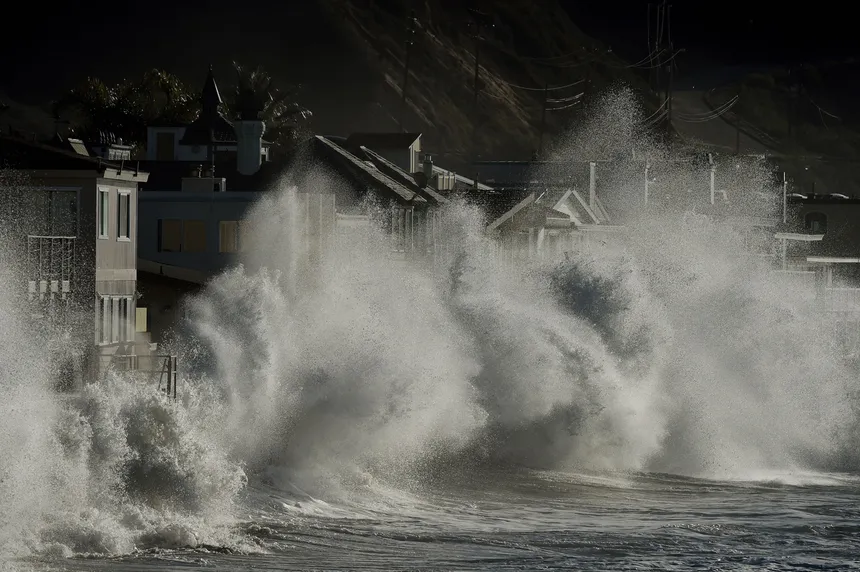As scientists analyzing the current El Niño climate event predict, the world is likely to experience record-breaking temperatures from the Amazon to Alaska in 2024. Coastal areas of India, the Philippines, and the Caribbean, are also expected to face unprecedented heatwaves during the period to June, after which El Niño may weaken. This natural phenomenon, in which heat is released from the western Pacific Ocean, is known to increase global surface temperatures, helping 2023 become the hottest year on record.
For the first half of 2024, computer models identify regional hotspots, warning that there’s a 90% chance that the global temperature will set a new record. Dr. Ning Jiang, from the Chinese Academy of Meteorological Sciences in Beijing, and his co-authors caution that intense heatwaves and tropical cyclones, combined with human-caused global sea level rise, pose an enormous and urgent climate crisis for densely populated coastal areas. The impending warmth increases the risk of year-round marine heatwaves and exacerbates the threat of wildfires and other negative consequences in Alaska and the Amazon basin.
Seas and coastal areas are particularly vulnerable due to the ocean’s ability to hold more heat than land, allowing hot conditions to persist for longer periods. The Earth’s climate naturally oscillates between El Niño and its cooler counterpart, La Niña, boosting and moderating the strong underlying trend of global heating caused by rising carbon dioxide levels from fossil fuels.

El Niño, which typically peaks between November and January, may peak in 2024, with record-breaking temperatures in the Amazon increasing the risk of devastating wildfires. In Alaska, record heat would lead to glacier and permafrost melting, as well as coastal erosion. Prof. Adam Scaife, from the Met Office and University of Exeter in the UK, emphasizes that while this study is not a state-of-the-art forecast, it provides a useful first take on the year ahead.
However, some regions like Africa and Greenland, with poor historical data coverage, are hard to assess using these methods, leaving uncertainty about their temperature prospects. Nevertheless, as the world braves this prolonged El Niño event, scientists encourage vigilance and preparedness to mitigate the devastating impacts of climate change on densely populated coastal areas.

